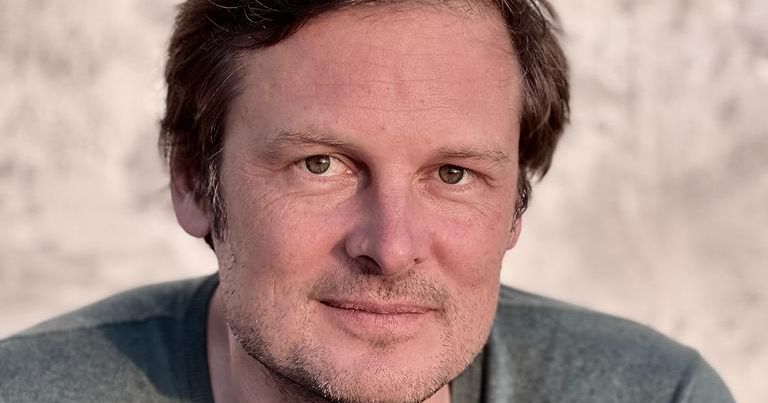Charles Pippen Editorial
“I would like to tell you the story of the truth, or rather the story of a man. He is a scientist who is searching for the truth, or at any rate striving to find out what the truth is. Imagine in a white coat in his lab but more often than not, a shirt, not necessarily white, on his desk, sometimes even in His underpants, he makes the equations. Each of his hypotheses is a question posed to the scientist, before him are heaps of equations that often will not yield anything, and sometimes make it possible to formulate a new hypothesis. After that, it will be necessary to verify. Do experiments, tons of Experiments The success of the experimental verification does not prove that Einstein writes that the theory is true, but the failure of the empirical verification proves that the theory is wrong. It is his life and he loves it: he has a hard time knowing what is true, but he often knows what is wrong. This is the way progress, it is wrong to a mistake, and when his life as a student sometimes exposes him to facing the truth it is always thanks to the grace of correcting the error. Do you know three-pad billiards? Some moves are only possible by going through the bands. The history of science shows us that we only get to the truth by Wrong.. Gaston Bachelard writes that the truth It is only an error corrected. It’s weird, when you think about it…why isn’t the truth given outright? Why don’t we have a clear hunch for that? He smiles, listens to our question, and looks forward to his equation packages. That’s right… why? Why are things so complicated? Moreover, it may be simple, but in this case, why can’t we get to its simplicity? Why did men wait thousands of years before finding so few laws of nature?
Now it’s night, he goes out to his garden and looks up at the sky. This sky has been the subject of his study for nearly half a century, but it is always the same fascination, the same wonder. These stars, these billions of suns, does he see them as we see them? Does he see equations in the middle of the stars? Where does his wonder come from: what does he understand or what remains a mystery?
To talk about it this morning, about science and questioning, and about what science can tell us about reality, I am pleased to welcome Christoph Galvard, Doctor of Theoretical Physics, lecturer and writer, and author in particular of the bestselling book The Universe. All over the world, so Christophe Galvard, who does not wear a white coat but joins us under Plato’s sun, in the Cave of France Inter, to help us think about this beautiful question: What truth does science speak to us about?
Some of Christoph Galvard’s books

“Subtly charming problem solver. Extreme tv enthusiast. Web scholar. Evil beer expert. Music nerd. Food junkie.”

